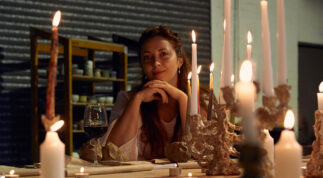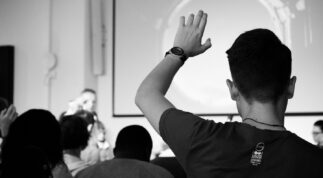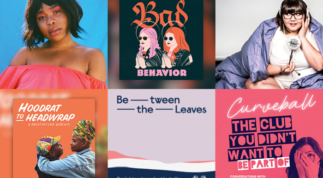As society’s understanding of Autism continues to evolve beyond the stereotype of the gifted young male lacking in empathy, more and more women, girls and gender diverse people are discovering that they are, themselves, Autistic. For Autism Awareness Month 2024, we thought we’d share some of the most useful videos, books, and podcasts on late-diagnosis Autism.
If you are wanting to know how to better support someone with Autism, have recently been diagnosed, or are thinking that maybe, possibly, you might be Autistic yourself (thanks TikTok), give these a look.
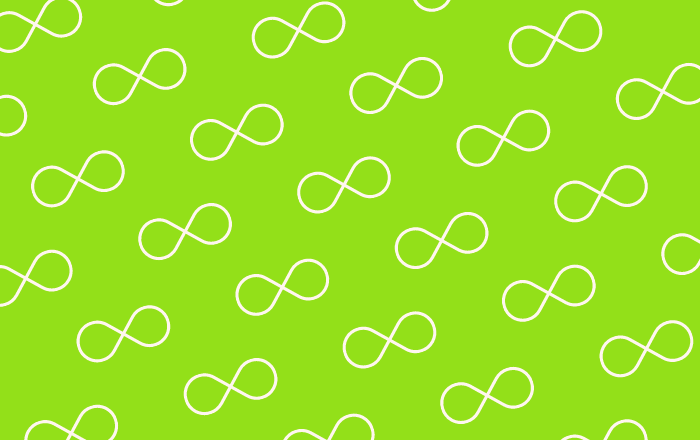
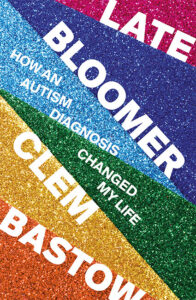
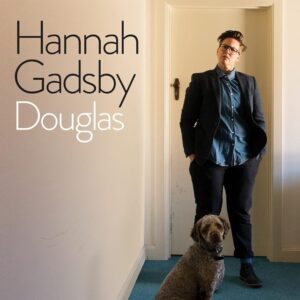

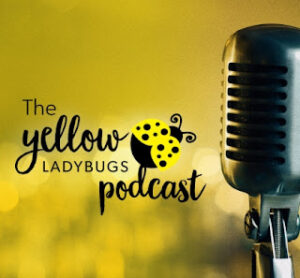
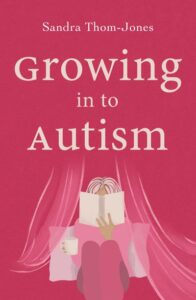
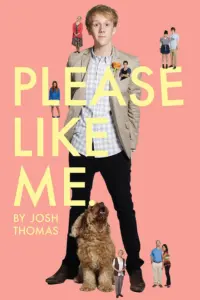
 Rachael is part of the communications team at VWT, and has to pinch herself sometimes that she gets to extend her feminism into her work. She is always looking for new ways to connect people, make them laugh and help them think. If you need her, she’ll likely be playing with her kids, at the movies, or stopping to pat a dog.
Rachael is part of the communications team at VWT, and has to pinch herself sometimes that she gets to extend her feminism into her work. She is always looking for new ways to connect people, make them laugh and help them think. If you need her, she’ll likely be playing with her kids, at the movies, or stopping to pat a dog.